Growing Pains: Looking at the Subject of Coming of Age
Text Set for The Curious Incident of the Dog in the Night-Time by Mark Haddon
created by Andrew Johnson
We must all grow up order to fully enter the world as an adult. In some cultures, growing up is a rite of passage. In others, it is a series of events—a gradual process. Everyone grows up in different ways and is influenced by the different circumstances and environments. There is no one singular point in people’s lives when they can decidedly say that they came of age. It simply just happens. It comes to pass through the experiences that change who they are and what they value as individuals. Growing up not only changes how we think about others, but it also changes how we think about our own identities and places in society.
With that said, this text set is immensely important for exposing students to how others manage to grow up and progress through their lives. Students in middle and high school want nothing more than to be older. They want to be grown, even though a part of them also wants to secretly stay young forever. They may have been told at some point in their lives by a parent, teacher, or other adult to “grow up,” but do they really know what this means? How do they know? This text set will take a multicultural, multi-faceted view on the process of growing up in a world that can be strange, harsh, and also very, very enjoyable.
Anchor Text (although other texts may be used!):
The Curious Incident of the Dog in the Night-Time by Mark Haddon
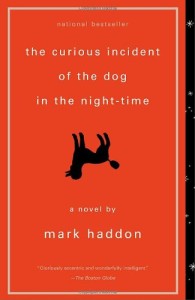
Graphic Novel
American Born Chinese by Gene Luen Yang
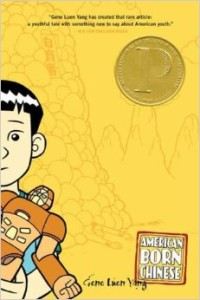
Other Texts
The Little Prince by Antoine de Saint-Exupery
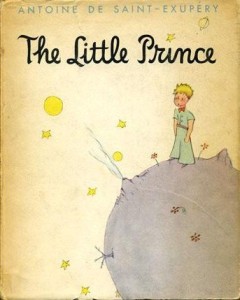
The Perks of Being a Wallflower (excerpts) by Stephen Chbosky
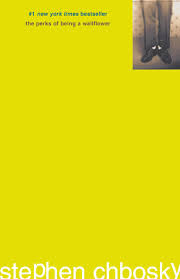
The House on Mango Street by Sandra Cisneros
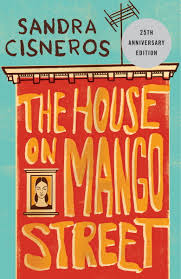
The Adventures of Tom Sawyer (excerpts) by Mark Twain
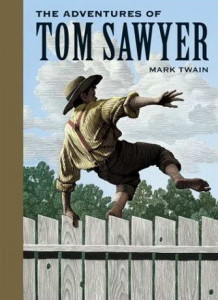
The Body by Stephen King (novella)
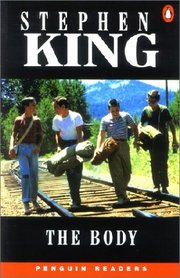
Poems/Songs
“If” by Rudyard Kipling
“Lightspeed” by Grieves
“In My Life” by The Beatles
“Nothing Gold Can Stay” by Robert Frost
Short Stories
“Lost in the Funhouse” by John Barth (excerpt)
“Harrison Bergeron” by Kurt Vonnegut
Essay
“Manhood for Amateurs” by Michael Chabon
Movies
Wizard of Oz (part of a prior unit)
Mean Girls
Rain Man (clips/part of introduction to ASD)
Stand By Me (adaptation of Stephen King’s The Body)
TV Shows
Boy Meets World (any and all applicable clips)
Girl Meets World (any and all applicable clips)
Articles/Internet Sources
The Teenage Brain by National Geographic
Should Growing Up in Compton be Considered a Disability– VICE
Kids are Growing up Way Too Fast – Manhattan Institute
The Definition of Disability by Deborah Kaplan
Talking About Disability – A Guide to Using Appropriate Language
13 Amazing Coming of Age Traditions from Around the World
Websites
Centers for Disease Control and Prevention (in order to understand the anchor text better)
Autism Speaks (in order to understand the anchor text better)
Simply Psychology (Erikson’s stages of psychosocial development)
Guiding Questions
- What does being a child mean? What does being an adult mean?
- Why can the path between childhood and adulthood be confusing or challenging?
- Do we ever stop “growing up”?
- Does our environment affect how we “grow up”?
- Is “growing up” always a good thing? What makes it desirable?
- Who or what pressures us to “grow up”? Who or what pressures us to stay young?
- Is maturity synonymous with age?
Writing Topics
- Describe someone who you consider to be “grown up” or “mature”? List their attributes.
- Which stage(s) of identity development would you consider yourself to be in?
- Design one scenario/question to determine if someone is mature or not. What would you look for in the answer?
- After reading The Curious Incident of the Dog in the Night Time, Do you think that Christopher has “grown up”? What do you think he has learned?
- Compare and contrast Christopher’s journey and possible “coming of age” with another character of your choosing (or maybe even you!).
- What are we supposed to learn about ourselves after you’ve grown up? What do you hope to learn about yourself after you’ve grown up?
A special thanks to Andrew for this relevant, engaging text set! We think it would fit in with a variety of age levels and class texts. What do you think?


